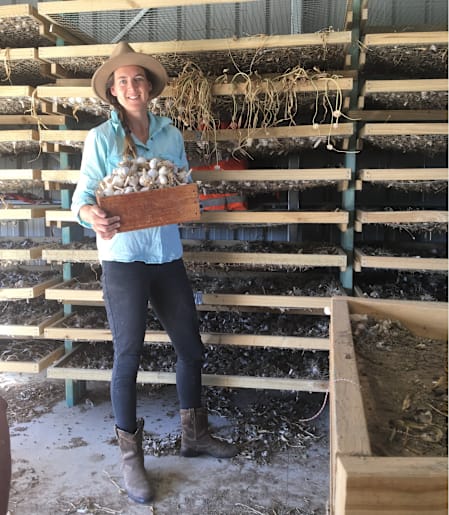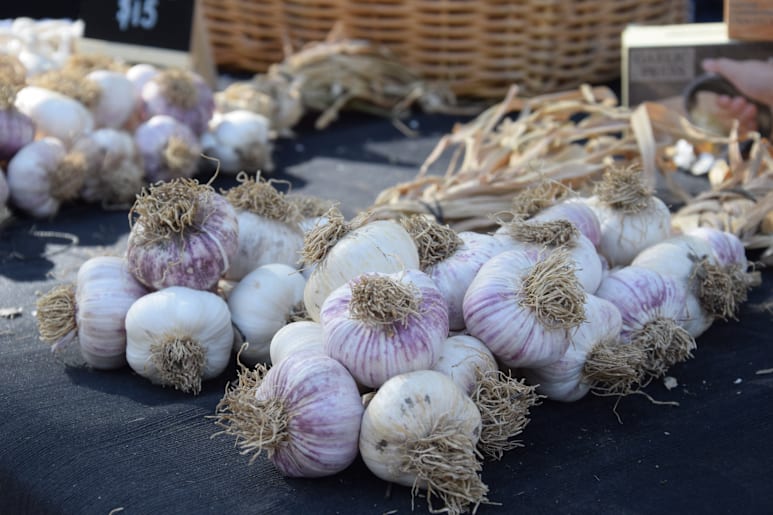COMMON sense legislation is being called for to fill the 'identified' need to regulate and protect Australia's organic food industry.
After a Senate committee handed down its report into the National Organic Standard Bill 2024, Nationals leader David Littleproud called for regulation to ensure organic products were 'actually organic'.
Mr Littleproud said industry was backing the coalition’s common sense proposal.
“There is a clear and unified recognition across the organics industry that Australia’s regulatory framework is not fit for purpose,” Mr Littleproud said.
“The industry doesn’t need another review or inquiry."
Latest Stories
Mr Littleproud said organic products were currently not required to be certified or comply with any particular organic standard.
"But (they) can still call themselves organic; the organics industry, as well as consumers, needs and deserves action," he said.
"It defies logic."
At present, products in Australia can claim to be organic with only two per cent of the ingredients being certified organic, in comparison to exported organic products requiring 95 per cent, and Australia is the only nation in the OECD to not have a regulatory framework for the use of the word.
Balmattum Garlic owner Amanda Rofe said she was concerned about 'green washing' in agriculture, which caused uncertainty in consumers.
"It can be truly hard to know what is organic and what is not," Ms Rofe said.
"People throw those words around without any backing behind it.
"There is a lot of green washing around the place."
Ms Rofe produces popular 'chemical free' garlic and garlic products, a status which she says is an advantage for selling her crop, despite the term having no certified recognition in Australia.
She said customers were satisfied with her garlic being chemical free without the need for her entire property to become fully certified organic.
"Certification is a five-year process and so I have decided that having it chemical free is enough at this point," Ms Rofe said.
"I don't feel I need to be organic - I don't need to go through that process.
"No one has ever turned their nose up at our garlic because chemical free was not enough for them."
Ms Rofe was critical of manufacturers who label their products as 'organic' for food which was not fully organic, as it diluted the credibility of certified growers.
"If they are not going to pull these people up for not being certified but still use the word as a selling point, then what's the point of going through that whole process?
"I think its different in a supermarket because you want a clear line there.
"If you are paying that extra money, then you want to definitely know it's organic."
Mr Littleproud told The Euroa Gazette that a coalition government would introduce a national organic standard.
"This means they would have to be to certified, to comply with a particular standard," he said.
"Importantly this would lead to ‘equivalence’, that is international products must (then) meet the same standard in Australia, not just call themselves organic when they are not.
"The benefit of domestic regulation for import and export markets and to improve consumer confidence in Australian organic produce has been clearly articulated by many submitters of the inquiry," he said.
Mr Littleproud said the Senate committee’s report failed to adequately acknowledge the current industry support and that the former coalition government had started a pathway to setting an Australian standard for the $2 billion industry, by setting up an industry-led advisory group.
“The need for domestic regulation has already been identified and recommended by the Standing Committee on Agriculture’s inquiry.
"The Coalition remains committed to a domestic organic regulatory framework in Australia.
“The industry does not need another department scoping exercise."















